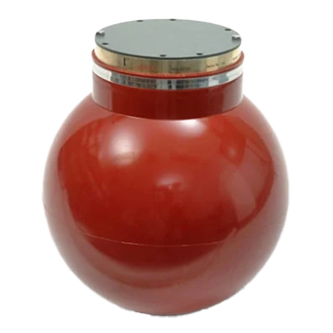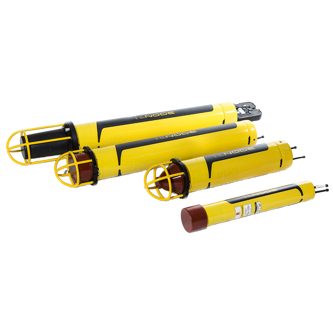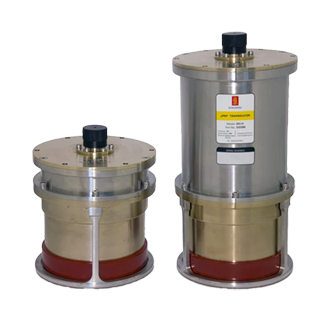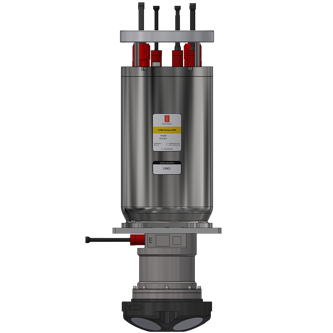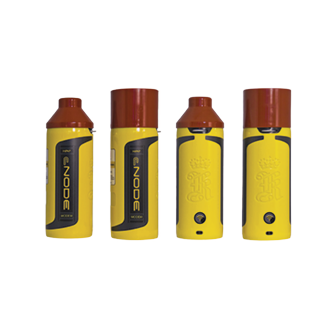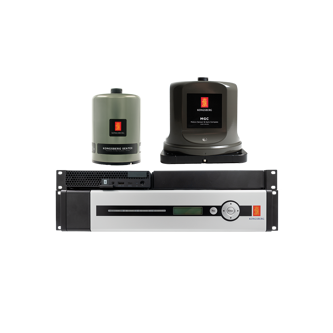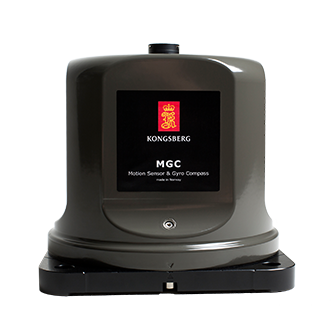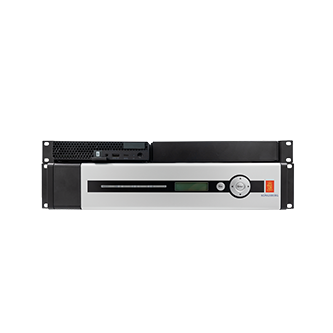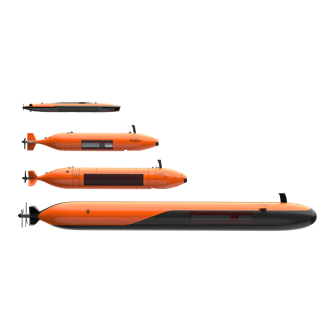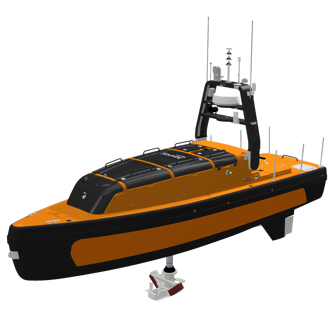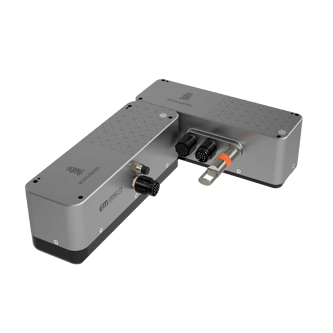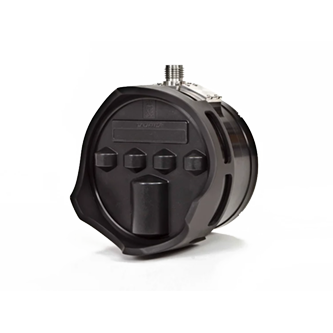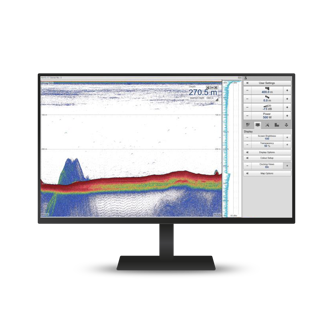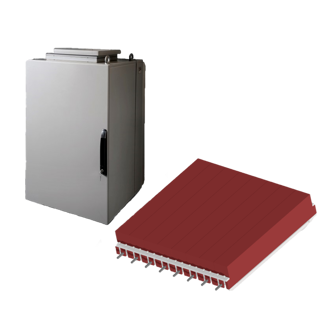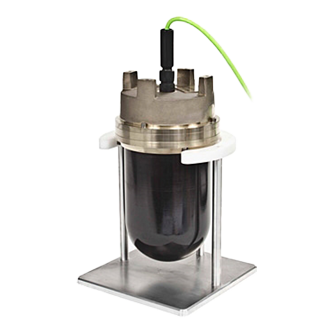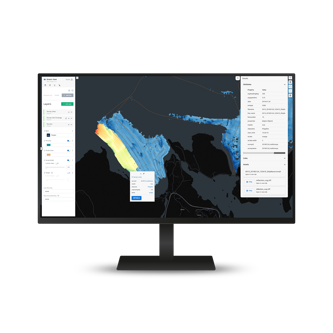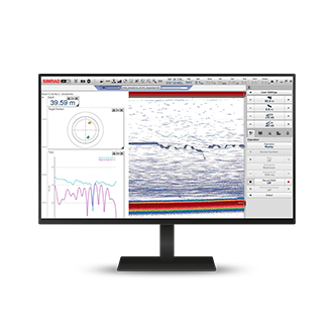
Offshore Wind
Renewable energy
The offshore wind farm sector is expanding quickly, and offshore wind farms are becoming increasingly popular to meet the world’s growing need for renewable energy. KONGSBERG offers state-of-the-art technology solutions and the unrivalled expertise essential for this green power revolution.
With more than 50 years’ experience in oil and gas, KONGSBERG is a pioneer in subsea survey and monitoring. This experience underpins our disruptive technologies for pre-survey, inspection, and maintenance of offshore wind farms.
Helping surveyors and operators gather and turn ocean space data into actionable insights.

Learn more about our solutions?
Need help deciding on what type of equipment you need? Interested in learning more? Don't worry, get in touch and our experts will help you.
We offer comprehensive after-sales assistance
-
24/7 Technical support
Our Technical Support team is readily available to provide global 24/7 support and can respond to resolve any issues at any time, wherever you are located in the world.
-
Training
We can provide detailed training on the use of our products to ensure your crew is equipped with the necessary operational competence to minimise technical risk and maximise return on your asset investment.
